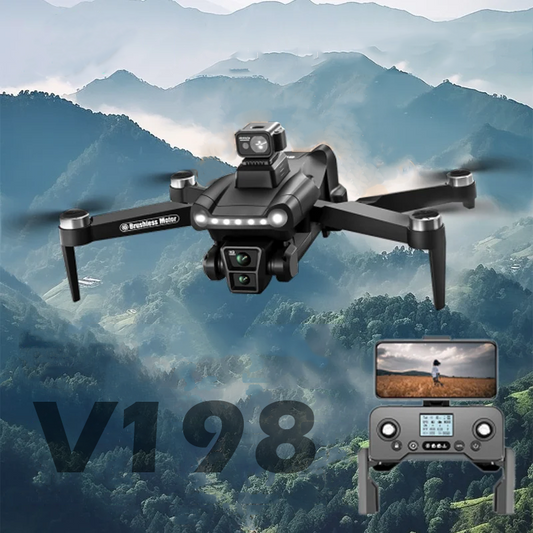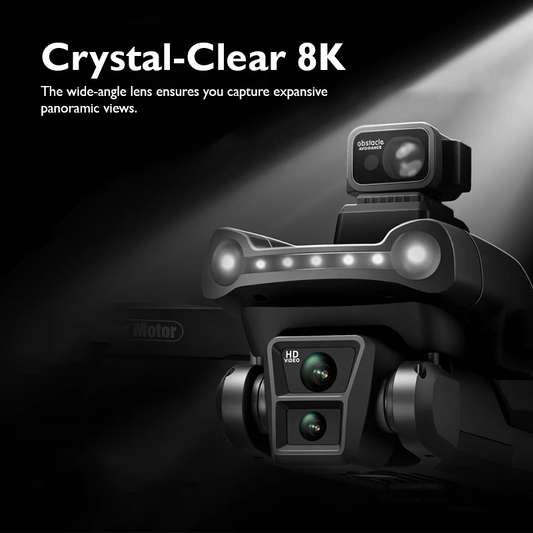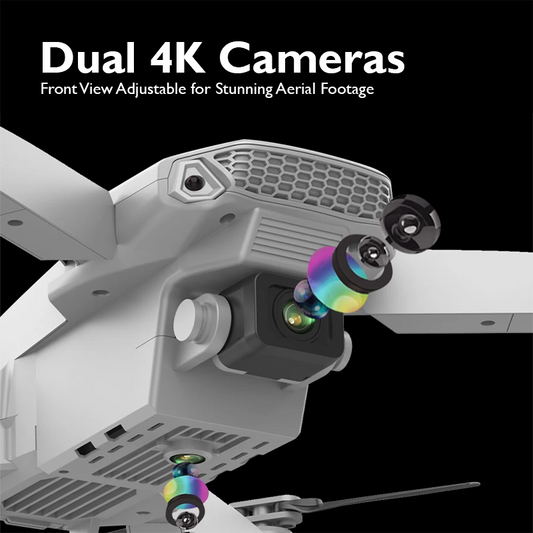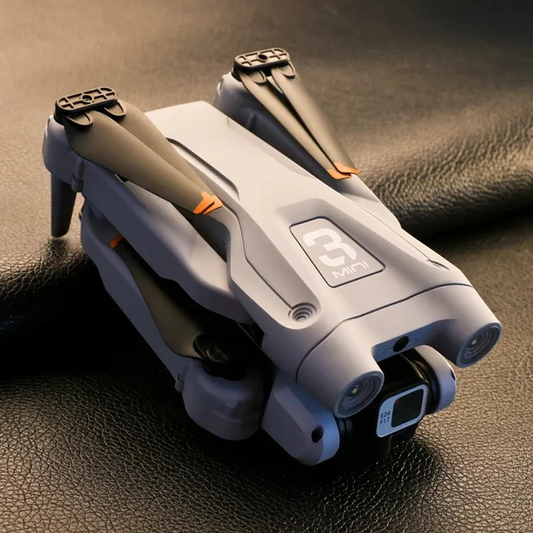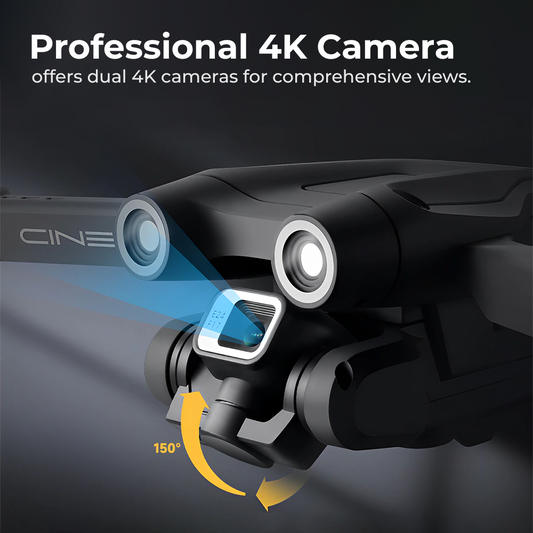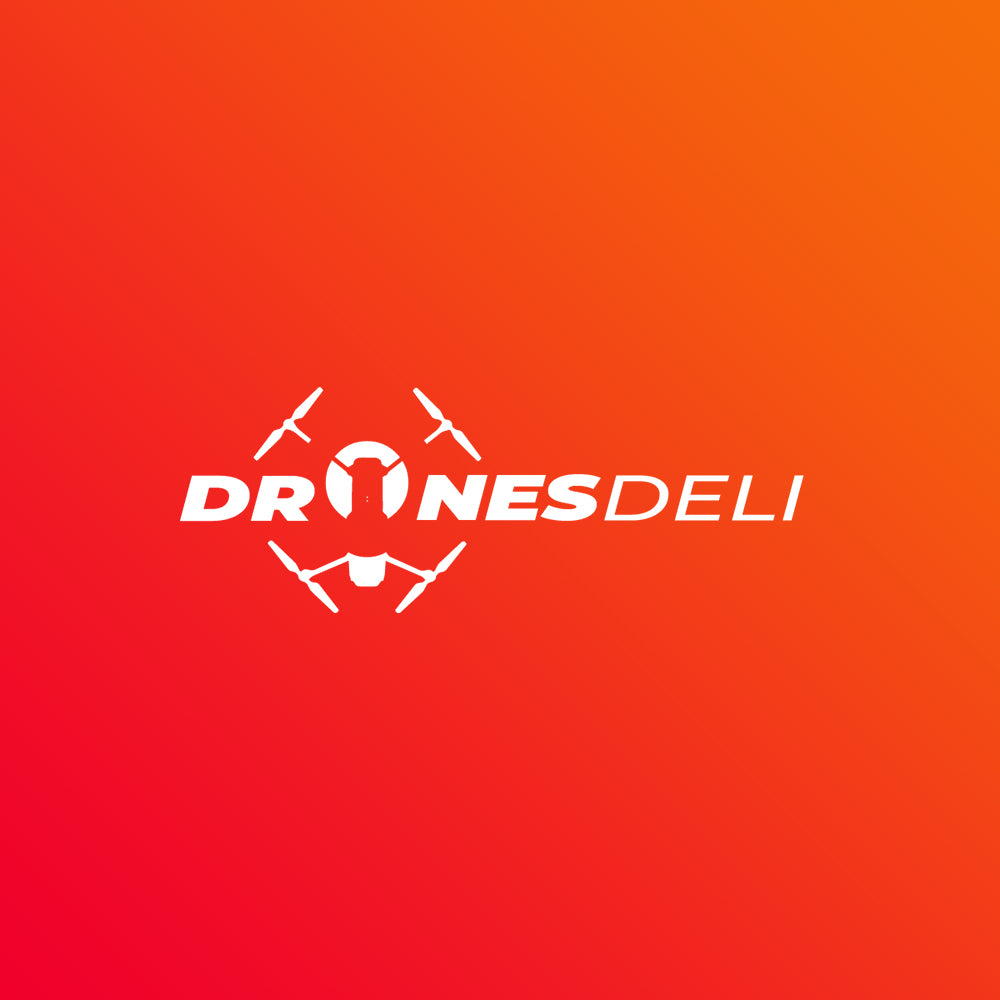The Ethics of Drone Journalism: Balancing News and Privacy

In an era dominated by technological advancements, journalism has evolved beyond the traditional boundaries of pen and paper. The emergence of drone journalism, a practice that employs unmanned aerial vehicles to capture news stories from a unique perspective, has opened up new frontiers in the field. However, as drones soar to new heights, ethical concerns regarding the delicate balance between news reporting and individual privacy have taken centre stage. This article explores the ethical considerations surrounding drone journalism and the imperative need for a conscientious equilibrium.
The Rise of Drone Journalism

Drone journalism has witnessed an unprecedented surge in popularity, thanks to its ability to provide unparalleled visuals and perspectives. Drones can navigate challenging terrains, capture breathtaking footage, and deliver real-time information, making them invaluable tools for journalists. From natural disasters to political rallies, drone journalism has expanded the scope of news coverage, offering audiences a bird's-eye view of events unfolding around the world.
However, as drone technology becomes increasingly sophisticated, questions regarding the ethical implications of its usage become more pressing. The core challenge lies in finding a harmonious balance between the public's right to know and the protection of individual privacy.
The Right to Know vs. Privacy Concerns

One of the primary ethical dilemmas in drone journalism revolves around the conflict between the public's right to know and an individual's right to privacy. While the public has a legitimate interest in being informed about events that impact society, individuals also have a right to privacy, free from unwarranted intrusion.
Drone journalists must navigate this delicate terrain with care, ensuring that their pursuit of a compelling story does not infringe upon the privacy rights of the subjects involved. Striking the right balance requires a nuanced understanding of the ethical considerations at play.
Ethical Guidelines for Drone Journalism

To address the ethical challenges inherent in drone journalism, several guidelines and principles have been proposed to guide journalists in their quest for responsible reporting. These guidelines aim to strike a balance between the public's right to information and an individual's right to privacy:
1.Informed Consent:
Obtaining informed consent from individuals who might be captured in drone footage is a fundamental ethical practice. Journalists should seek permission before using drone technology in situations where privacy concerns are heightened, ensuring that those directly affected have a say in how their images are disseminated.
2.Respect for Private Spaces:
Drone journalists must exercise caution when navigating private spaces. Intruding into areas traditionally considered private, such as residential properties or secluded spaces, without a compelling reason compromises the ethical integrity of the journalism.
3.Minimising Harm:
Journalists should strive to minimise potential harm caused by drone journalism. This involves carefully weighing the importance of a story against the potential negative consequences for individuals involved. Responsible reporting requires a thoughtful evaluation of the impact drone coverage may have on the subjects and their communities.
4.Transparency:
Maintaining transparency in the use of drone technology is crucial. Clearly communicating the purpose and intent of drone journalism to the public fosters trust and allows individuals to make informed decisions about their involvement in a particular story.
Ethical Dilemmas in Drone Journalism

Examining real-world scenarios helps illustrate the complexities and ethical nuances associated with drone journalism.
1.Disaster Reporting:
Drones have proven invaluable in providing rapid and comprehensive coverage of natural disasters. However, flying over disaster-stricken areas raises questions about the privacy of individuals experiencing distress. Ethical drone journalism in such situations requires sensitivity to the vulnerable state of the affected population and a commitment to minimising unnecessary intrusion.
2.Political Events:
Drones are increasingly used to capture aerial views of political rallies and protests. While such footage can offer a unique perspective on the scale and dynamics of these events, it also runs the risk of capturing individuals engaged in private conversations or activities. Adhering to ethical guidelines, journalists must carefully consider the potential impact on individuals' privacy and prioritise responsible reporting.
Drone journalism represents a powerful tool for expanding the horizons of news reporting, offering audiences a fresh perspective on unfolding events. However, the ethical considerations surrounding its use are paramount. Striking a balance between the public's right to know and an individual's right to privacy requires a conscientious approach grounded in transparency, respect, and responsibility.
As drone technology continues to advance, it is incumbent upon journalists to uphold ethical standards that safeguard the integrity of their profession. By navigating the skies with a keen awareness of the ethical challenges at play, drone journalists can contribute to a media landscape that informs the public without compromising individual privacy. In this delicate dance between news and privacy, ethical guidelines serve as a compass, guiding journalists towards responsible and respectful reporting in the age of drone journalism.
Explore a variety of drones at our online drone store.
Happy Flying!





